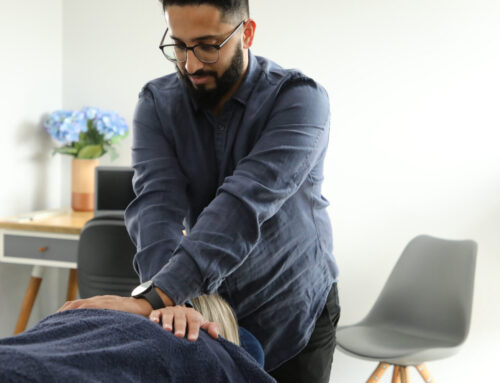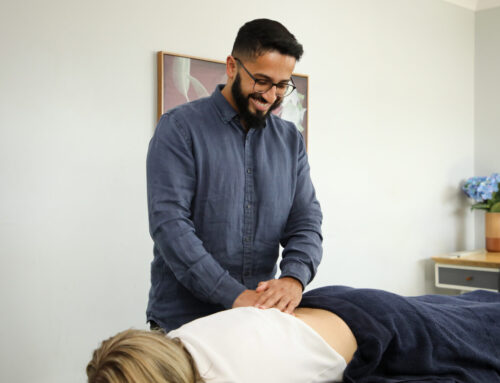Do you find you function best first thing in the morning or late at night? Or are you somewhere in the middle?
UP TO 45% OF AUSTRALIAN ADULTS AREN’T GETTING ENOUGH SLEEP
Sleep is one of the foundations of good health. Without it, almost every system in the body can be affected.

Photo by Vladislav Muslakov on Unsplash
Sleep deprivation can result in a range of problems including:
- poor concentration
- poor memory
- mood changes
- increased risk of accidents (eg Car accidents)
- weaker immune system (therefore more likely to get sick)
- weight gain
- increased risk of diabetes
- increased risk of heart disease
Why Am I an Early Riser? Or a Night Owl?
There are a number of factors that influence your ability to function, feel more energised or drowsy at certain times of the day, but a major factor is dependent on a specific chronotype. A chronotype is a biologically hardwired tendency for your body and brain to function best at certain times of the day called your circadian cycle.
What is Circadian Rhythm?

Photo by Sammy Williams on Unsplash
Our circadian rhythm is basically a 24-hour internal clock that is running in the background of your brain and cycles between sleepiness and alertness at regular intervals. The circadian system is a biological clock and keeps all biological functions running smoothly, it helps to regulate metabolism, hormone secretion, muscle tone, cognitive function and even mood.
People who have a tendency to sleep in and function best later at night tend to have delayed circadian cycles. This is problematic when our society operates on a regular circadian clock. People who have this specific chronotype can often be deemed as lazy or struggle more through the work week, only to catch some much needed Z’s on the weekend.
Shift workers?
Research has found that shift workers often have extreme circadian misalignment, in which their body clocks are being constantly interrupted. They have found that people who suffer from circadian misalignment are more susceptible to weight gain, obesity, depression and reduced cognitive functioning. This is similar when your weekend schedule doesn’t quite match your weekday schedule. Sleeping in on weekends gives you the equivalency of jet lag and becomes a major stressor for your circadian system. This is the reason why Monday mornings can feel awful, and lead to “Monday-itis”
Tips to Improve your Sleep Routine
The good news is your chronotype can adapt by practicing a consistent routine throughout the week and the even better news is you still get your sleep ins on weekends.
Tip 1
- Wake up at the same time every day
- If you have to sleep in, try and keep it to within 1 hour of your normal time
Tip 2

Photo by Gabriele Stravinskaite on Unsplash
- Light! A dose of bright light in the mornings. Light is one of the strongest cues for our body’s internal clocks. Light hits the retina of your eyes which signals to the supra chiasmatic nucleus, our brains’ master clock. This has to be done consistently everyday.
- In the winter months when light is a little more sparse, you can purchase a light box, nothing fancy, as long as the light source is bright and broad spectrum. Don’t stare directly at it, just near by for 30minutes while you drink your morning coffee or have breakfast. Research has shown for it to improve our moods as well.
Tip 3
- Reduce bright light exposure before bed
- Reducing screen time, warm lights and blue light blocking glasses are all great tools to help promote good sleep hygiene habits.
Hopefully these tips help you get the most out of your time between the sheets! To read more about sleep click on another blog titled “Want to Improve your Performance in the Bedroom” for more tips on getting a better nights rest.




